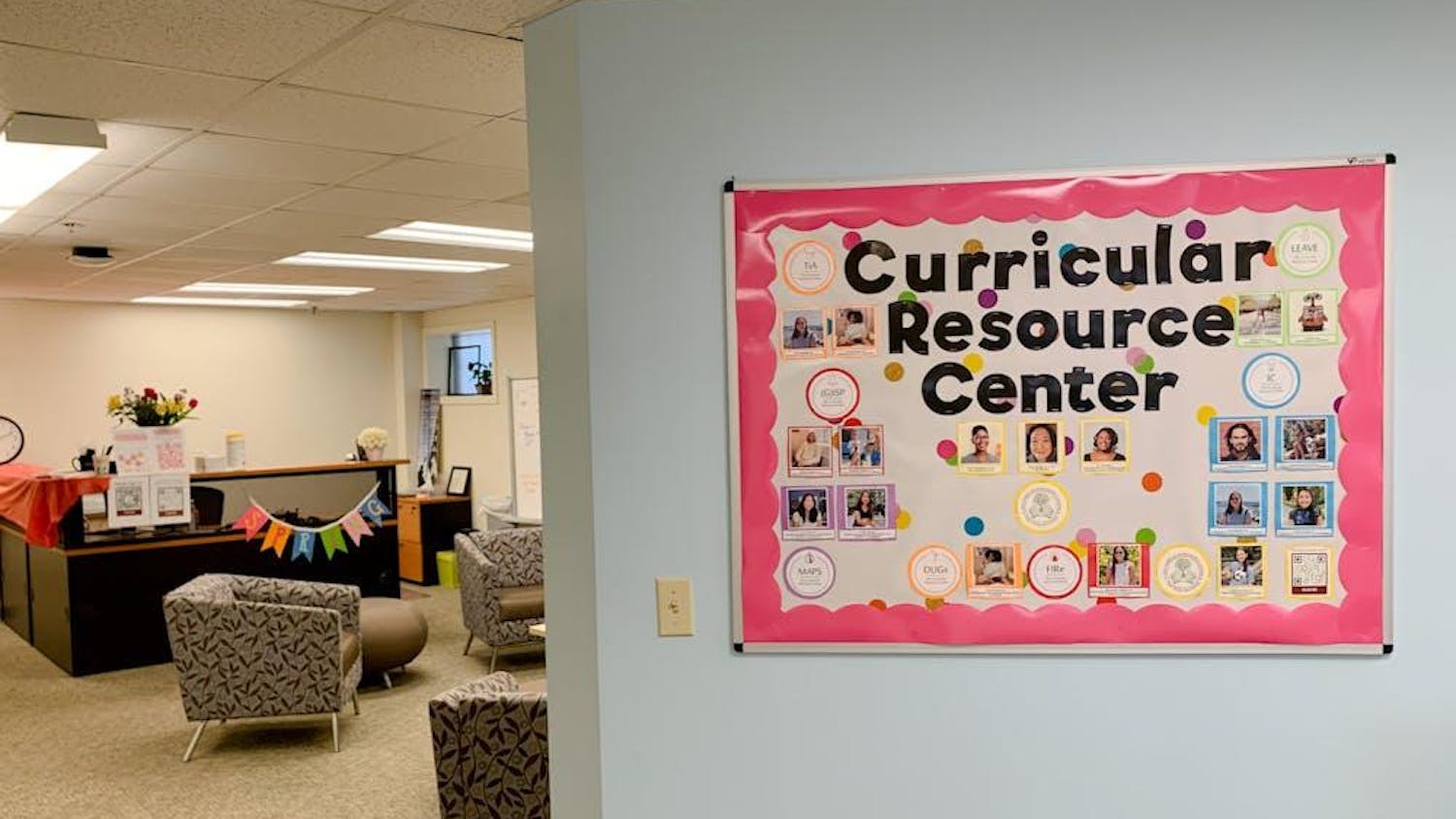Brown students took home six out of 10 cash prizes, including first place, at the seventh annual Rhode Island Elevator Pitch Contest last night.
David Emanuel '13 won the $250 first place prize for his company Lock'd, which distributes a contraption that locks and wraps the belongings of urban backpackers to prevent theft. Other finalists included Cliff Weitzman '16, Tim Kwak '13, Cory Abbe '13, Isha Gulati '13 and Sidney Kushner '13.
Participants presented their business plans to peers, investors and judges in 90-second pitches. The contest, held at Johnson and Wales University Harborside Campus, was one of the events sponsored by the 2013 Rhode Island Business Plan Competition, which intends to promote early stage companies in the state.
The 50 participating teams competed for cash prizes totaling $1,000. Each proposition was different - the plans included simple inventions, nonprofit organizations, eateries and food trucks.
Teams joined the contest for different reasons. "It sounded like a good opportunity to practice speaking," said Amber Ma GS, an intern at the Providence Granola Project, who presented a pitch for Beautiful Day Rhode Island, a nonprofit specializing in helping refugees. Ma said she and others from Providence Granola Project have been working on the nonprofit since September. They plan to continue developing the group, though Ma said she was unsure about whether they would enter the business plan competition in the spring.
For Joschka Tryba '12 and Max Fowler '15, the elevator pitch contest presented other opportunities besides public speaking practice. "You never know," Tryba said, explaining that their company, Lovegov, an online political social network, found its first angel investor at a previous business plan competition. Lovegov, which just went into beta testing last summer, is currently searching for further funding to develop the website.
But presenting an elevator pitch is easier said than done. "It's very difficult," Tryba said. "You can't be nervous." Presenters had only 90 seconds to cover their plans, which had to include the problems they were attempting to solve, their solutions, how their proposals will make money and their qualifications for implementing their plans. Often, when the presenters slipped up even slightly, it made a big difference, Tryba said.
Rhode Island School of Design students Cynthia Poon and Maeve Jopson, who also pitched their concept at the contest, agreed. "The most difficult part is communicating to an audience that's not familiar with your field," Poon said. She and Jopson also cited difficulties such as the banning of props and insufficient time to memorize their speech. For the past semester, they have been working on a tactile map-globe in conjunction with the Perkins School for the Blind. The two industrial designers intended the project to eventually become a toy and learning tool for blind children, facilitating learning of abstract and ephemeral concepts such as textures and spatial reasoning. They plan on entering the spring business plan competition.
The contest was well-attended by students from local universities, including 10 teams from Brown and several others from RISD, University of Rhode Island, Johnson and Wales University and the Massachusetts Institute of Technology.




